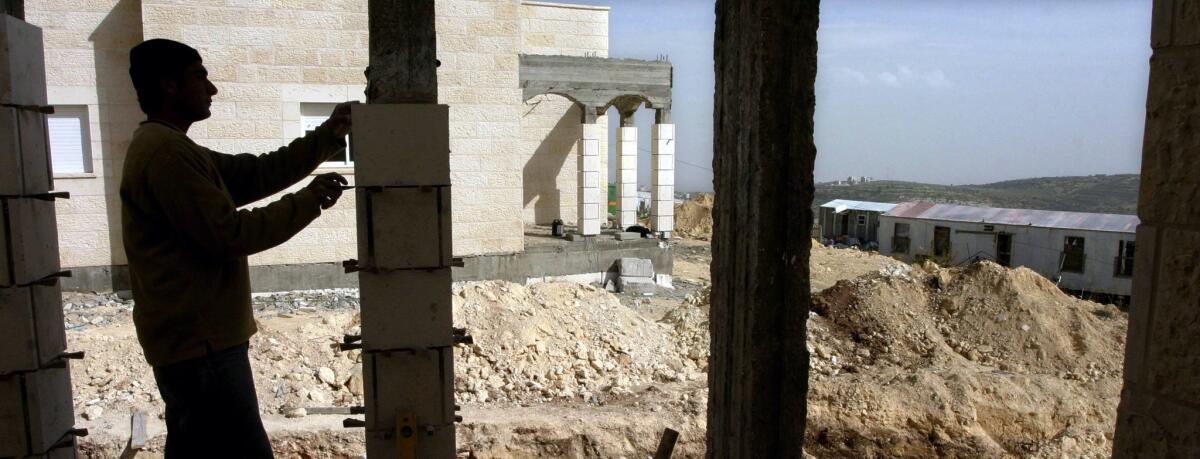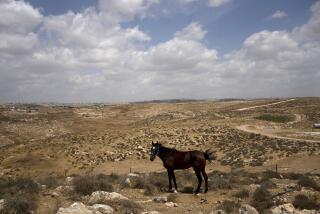Israel: Jewish settlement in West Bank carries out token eviction

JERUSALEM-- Facing a court deadline Thursday, Jewish settlers from the West Bank outpost of Amona have begun tearing up an access road that leads to illegally constructed homes.
According to Israeli media, residents opted to destroy the road themselves and evict a mobile home to avoid a high-profile encounter with large police and army forces prepared to enforce a high court order.
This token eviction is part of an ongoing legal saga in a case that is far from over. Amona was established without explicit government authorization in 1995 and is built largely on privately owned Palestinian land. In 2003, Israel sent the army to dismantle a guard tower that settlers had built on the site. In 2006, an eviction attempt at Amona turned violent.
In 2008, a group of Palestinians claiming ownership of the land petitioned Israel’s Supreme Court through the local non-government group Yesh Din, to demand that the outpost be demolished and fences be removed to allow access to the land.
The state conceded years ago that the construction was illegal and should be removed, but eviction was repeatedly delayed until settlers recently informed the court they succeeded in buying some parts in most plots from the Palestinian owners.
According to media reports, the land was bought by el-Watan, a settler-controlled company that was suspected of shady deals and fraud in the past.
Earlier this month, the high court held the state to its promise to evict the houses built illegally on private Palestinian land but ruled that houses built on plots partially purchased by settlers would remain intact until a lower court figures out what to do.
The Supreme Court ruling was open to interpretation. The attorney general -- reportedly under pressure from Defense Minister Moshe Yaalon -- instructed security forces to refrain from demolishing the 30 houses on controversial lands and move at this point to remove only one access road that sits on private, Palestinian land, along with a single mobile home. Construction has already begun on a new access road on what is considered public land.
Lawyers from Yesh Din, representing the Palestinian petitioners, were outraged at the decision and accused the attorney general of contempt of court for permitting only partial compliance with the ruling.
The action at Amona is set against the government’s larger policy of encouraging the construction of some settlements in the West Bank, despite international objections.
ALSO:
In Mexico, dozens fall to new violence across 4 troubled states
Pope Francis faces high expectations in Brazil. Can he deliver?
U.S.-Australia war games bomb Great Barrier Reef, stirring uproar
More to Read
Sign up for Essential California
The most important California stories and recommendations in your inbox every morning.
You may occasionally receive promotional content from the Los Angeles Times.










